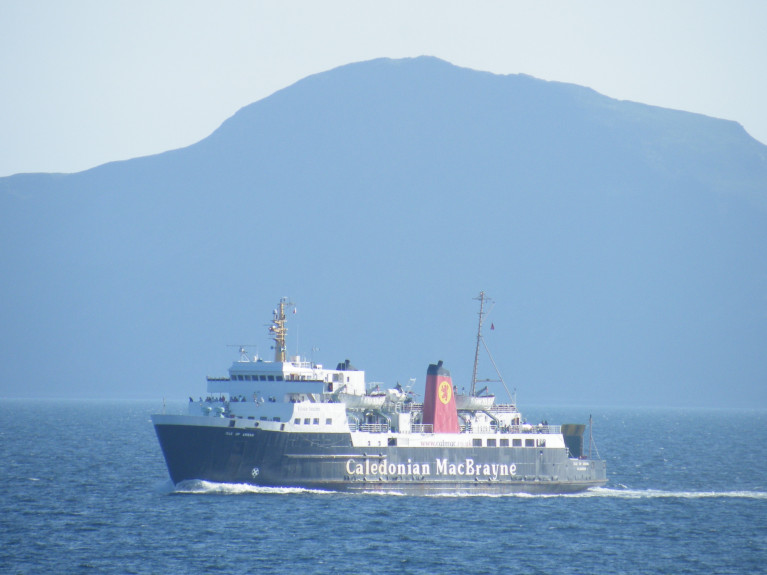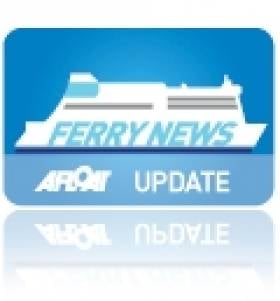Displaying items by tag: Cancellations
Isle of Man Steam Packet Sailings Saw Cancellations Up 45% in Final Quarter of 2023
During this winter the number of cancelled ferry sailings operated by the Isle of Man Steam Packet Company have increased for the third consecutive year.
The new figures for the final there months of last year show that 46 sailings on the Douglas-Heysham route were cancelled which is up 45 percent on the previous year. In that year of 2022, there were 29 cancellations and for the year before there were 26.
The Isle of Man government owned ferry operator- puts the increased disruption last year due to an 'unprecedented number of storms', familiarisation with the newbuild flagship Manxman's handling in extreme weather conditions and ongoing training programmes.
Manxman was introduced onto the Douglas-Heysham route in August last year having replaced Ben-My-Chree which had served the main IOM-England link for the past 25 years.
For more, Manx Radio reports.
On several Scottish western islands, shops have been forced to ration essential items due to widespread ferry cancellations due to a broken-down vessel, reports The National.
Residents have complained of food shortages imposed by local shops with islanders restricted to just one carton of milk and one loaf of bread, The Herald reports.
It is understood that the Scottish Government is considering setting up a compensation fund for islands using cash from fines it has imposed on CalMac for underperformance.
It was also revealed that the ferry operator had been secretly hit with £3.5 million in performance fines by the Scottish Government agency Transport Scotland in one year.
The reports come amid concerns about the reliability of Scotland’s ageing ferry fleet as Afloat previously covered.
Scottish Government-controlled ferry operator CalMac has been forced to provide an emergency ferry from one of Scotland’s busiest routes to serve the struggling islands in the Outer Hebrides.
CalMac has insisted that all goods were being shipped and said it was unfair to suggest that any shortages directly resulted from the ferry issues.
For more, click here on CalMac, the UK's biggest domestic ferry operator.
Stranded Ferry Passengers Left on Scottish Isle After Cancellations
Passengers taking a ferry have been stranded on the Isle of Arran, Scotland, after bad weather caused service disruption and cancellations.
Gusts of up to 60mph, reported STV News, have affected the safe delivery of CalMac sevices from Brodick to Ardrossan over the weekend.
The operator managed to clear “around half” of cars booked to leave Arran by using a service from Lochranza to Tarbert on Sunday.
However, disruption has continued and more cancellations have taken place on Monday.
Robert Morrison, director of operations at CalMac, said: “There has been severe weather related disruption since the New Year with gusts of up to 60mph impacting on our ability to deliver services to Arran and elsewhere.
More on the story here.
Amendment to Fastnet Line Ferry Schedule
Reservations Office Ireland : +353 (0) 21 4378892
Open Monday - Friday 9.00 am - 5.30 pm
Reservations Office UK: 0844 576 8831
Open Monday - Thursday 8.00 am - 8.00 pm
Open Friday 8.00 am - 7.00 pm
Open Saturday and Sunday 9.00 am - 6.00pm





























































